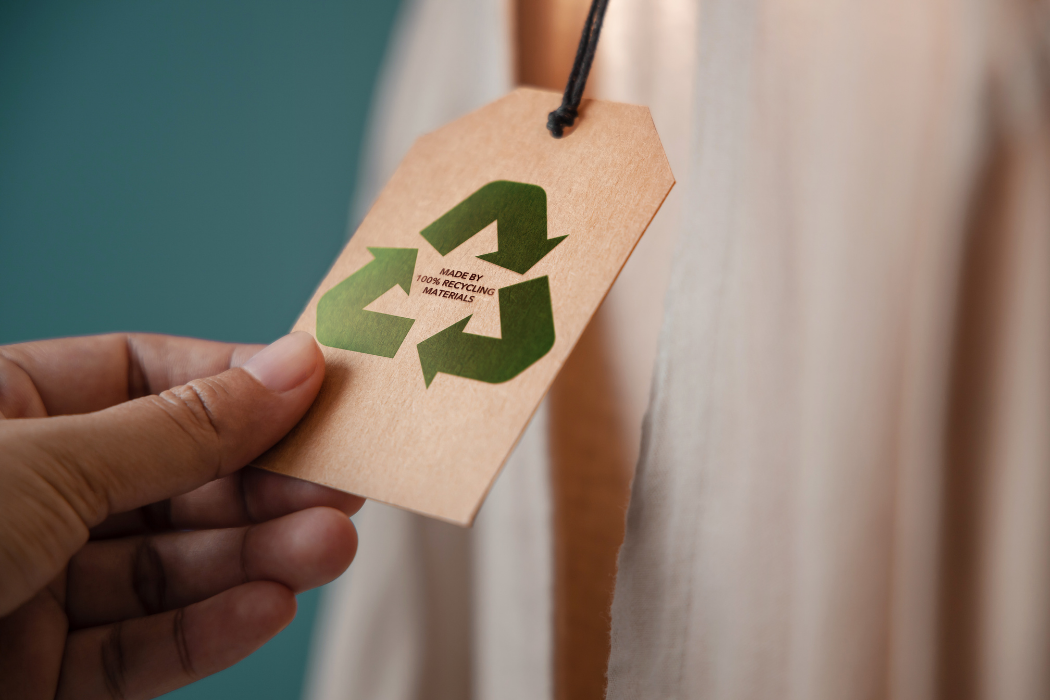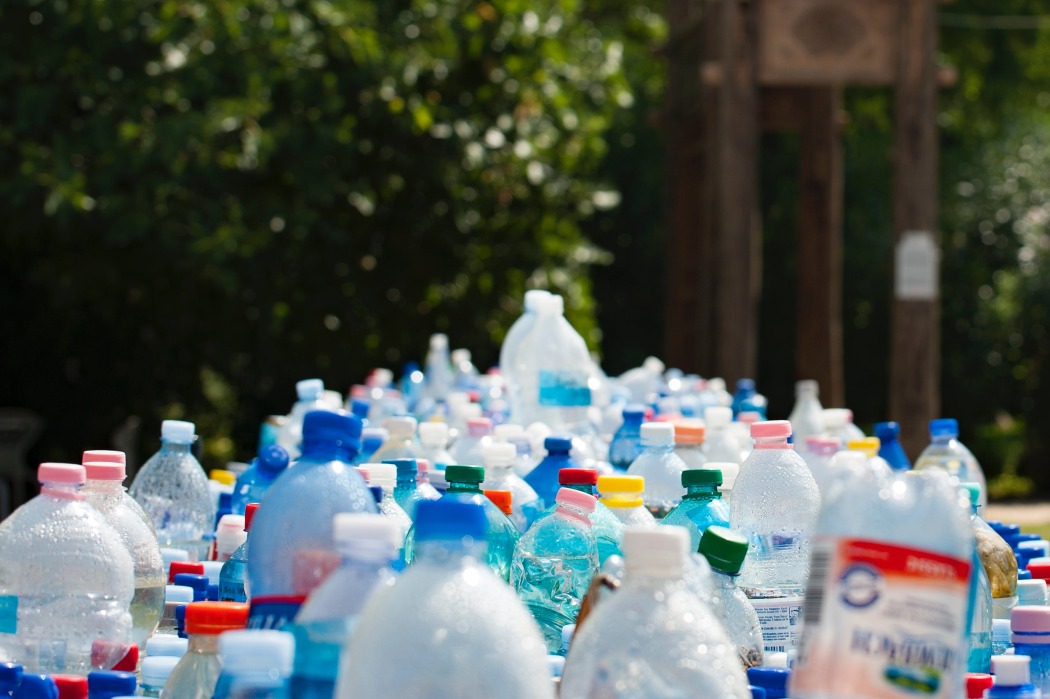New Directive 2025/1892 on Waste (EU): key points and impact on businesses
Waste management
The European Union has approved the new Directive 2025/1892, which replaces Directive 2008/98/EC on waste. The objective is clear: to reduce waste generation, promote reuse and recycling, and increase producer responsibility.
This directive marks a turning point for sectors such as textiles, food and, especially, waste management, a key part of the European circular economy.
Textile and footwear sector: towards a more responsible model
For the first time, the EU is establishing an Extended Producer Responsibility system for textiles and footwear.
Manufacturers, brands and importers will have to bear the costs of collecting, sorting, recycling and reusing their products.
Companies must:
- Ensure the separate collection of textiles by 2025.
- Redesign products to promote durability and recyclability.
- Encourage local reuse by collaborating with social entities and waste managers.
Food and hospitality sector: less waste, more efficiency
The directive sets targets for reducing food waste: less loss in industry, distribution and catering.
To achieve this, companies must:
- Improve the management of food surpluses and collaborate with social entities.
- Optimise processes to reduce losses and improve efficiency.
- Recovering organic waste through composting or bioenergy.
Waste managers and the circular economy: new obligations under Directive 2025/1892
Waste managers are establishing themselves as strategic partners in the transition to the circular economy.
They must prepare for:
- New collection streams, such as textiles and food waste.
- Greater control and digital traceability in all operations.
- Ensuring the quality of materials intended for reuse.
An opportunity to move forward: how to prepare for the new European Waste Directive 2025/1892
This directive is not just a regulation, but an opportunity to innovate, optimise processes and strengthen environmental commitment.
At Grup Carles, we help companies to:
- Identify how the new regulations affect them.
- Adapt processes and management systems.
- Ensure legal compliance and take advantage of new opportunities in the circular economy.
Member States have until 2027-2029 to implement the directive, but requirements and inspections will begin much earlier. Preparing now is the best strategy for gaining competitiveness, reputation and sustainability.
Directive 2025/1892 is an opportunity to rethink how we produce, consume and manage waste.

